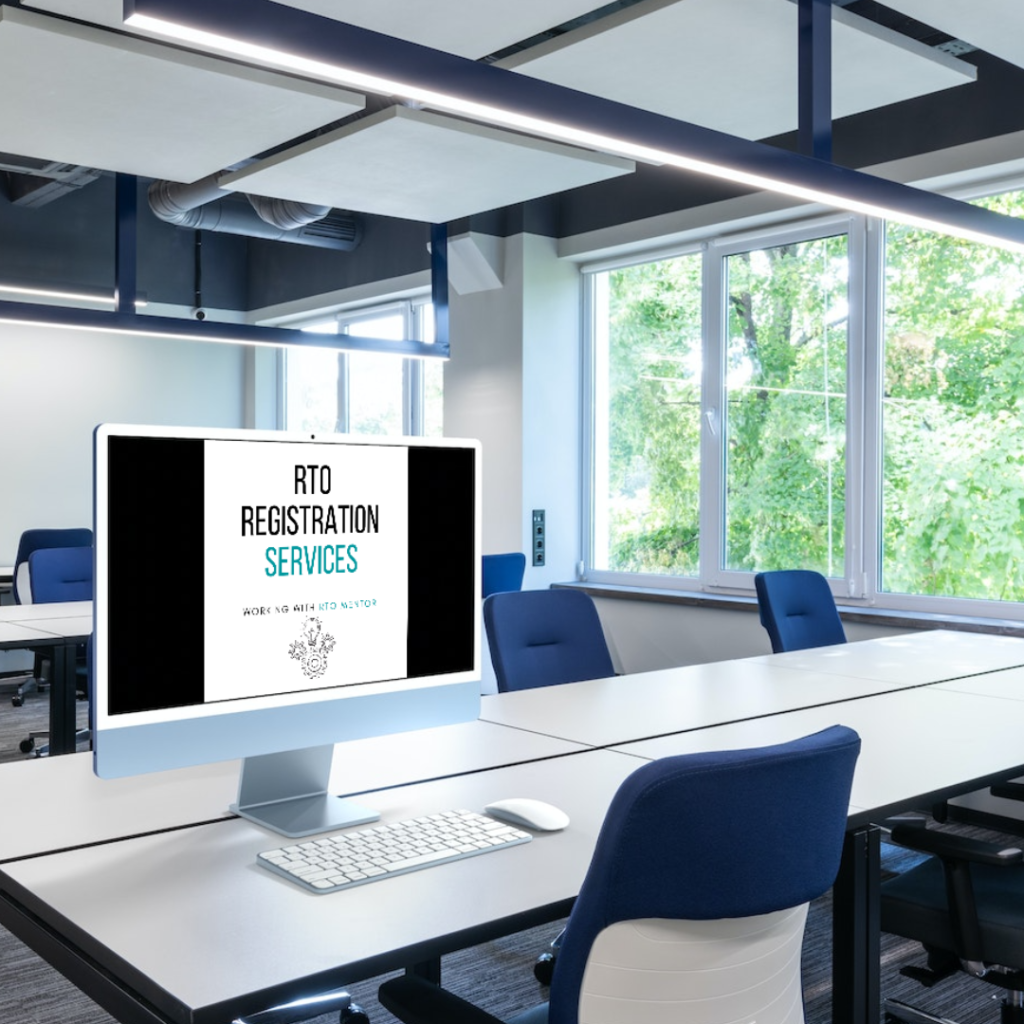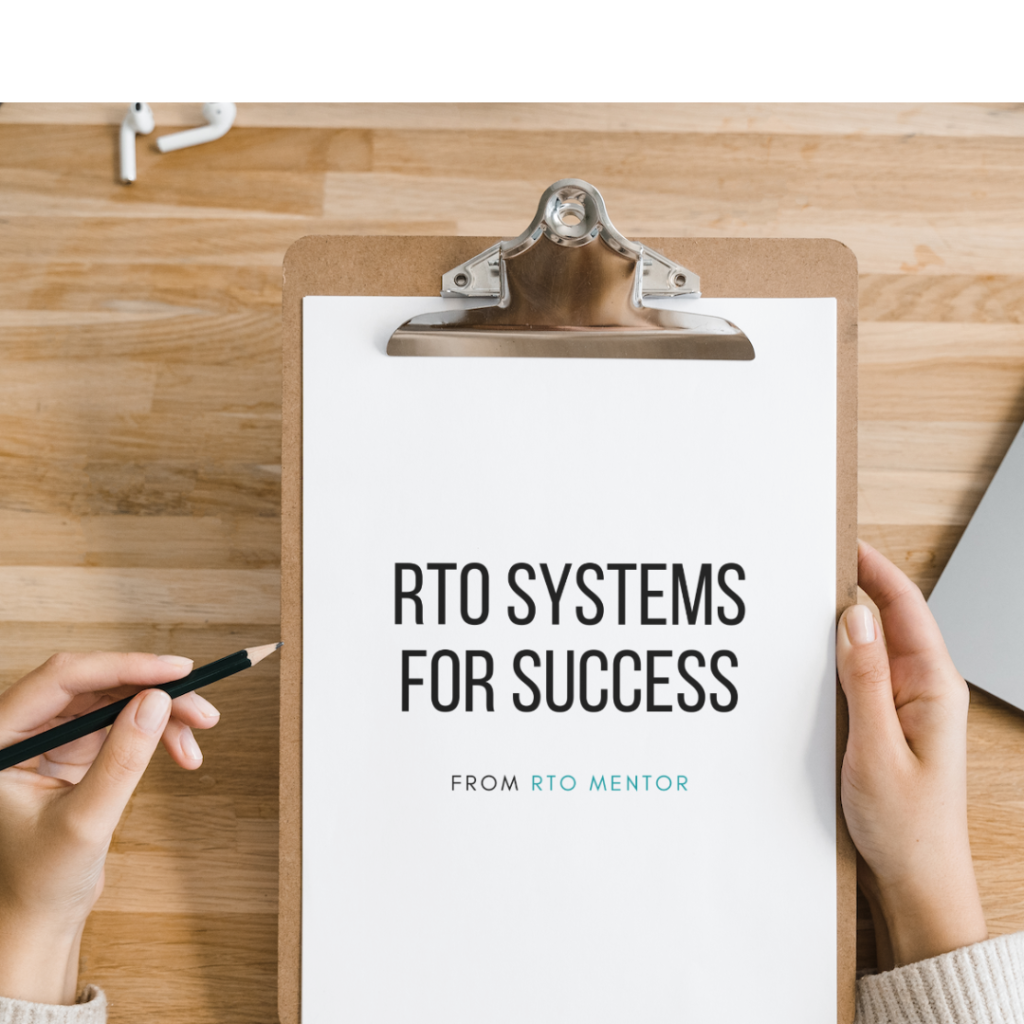The specific steps and requirements will vary based on your client requirements and needs, however there are key areas you must address. It’s crucial to stay informed and work closely with the relevant regulatory authorities throughout the accreditation process. Seeking professional advice and assistance, especially from consultants familiar with RTO accreditation processes, can also be beneficial.
Understand Regulatory Requirements
Research and familiarise yourself with the regulatory framework governing your intended registration. Australian Skills Quality Authority (ASQA) oversees national RTOs, while if delivering in just Western Australia and/or Victoria, they have their own accrediting bodies.
Develop a Business Plan
Create a detailed business plan outlining your RTO’s mission, target market, courses offered, and financial projections. Clearly define your organisation’s goals and strategies for meeting regulatory requirements. Have your financial projections verified by an Accountant – see the
.
Course Development and Design
Develop courses that meet your client and industry needs and that align with national qualification frameworks. Ensure that your training materials are comprehensive, up-to-date, and designed to meet the specific requirements of the regulatory authorities. You can purchase materials that are pre-written which will give you back time in the production.
Facilities and Resources
Establish appropriate facilities for your course and student needs. These facilities should be equipped with modern technology, up-to-date learning resources, and a conducive learning environment that fosters student engagement and participation. Ensure you have ALL the necessary resources, tools, equipment, including qualified trainers and assessors for each course offered.
Ensure that your instructors possess the necessary qualifications, industry experience, and pedagogical skills to effectively transfer knowledge to students. Regular professional development opportunities for trainers and assessors should also be implemented to keep them abreast of the latest industry trends and teaching methodologies.
To deliver high-quality training, in addition to physical resources, leverage digital tools and e-learning platforms to enhance the learning experience. Incorporate multimedia, simulations, and interactive content where possible to cater to diverse learning styles and create an engaging educational environment. Provide a supportive learning environment for students.
Policies and Procedures
Develop and document policies and procedures that cover all aspects of your RTO’s operations, including admissions, assessment, student support, and complaints handling. Ensure that these documents not only align with current regulatory standards but also reflect best practices in the education and training industry. This commitment to continuous improvement demonstrates your RTO’s dedication to providing a consistently high standard of service to students and stakeholders. These policies should align with regulatory standards.
Compliance Readiness
Following the completion of internal quality assurance processes, it is essential to embark on the accreditation application phase with a meticulous and well-prepared approach. The success of this phase is pivotal to officially establishing your RTO status. Prepare your business for compliance by implementing internal quality assurance processes. Conduct a self-assessment to identify and address any gaps in compliance. Ensure that your staff are familiar with compliance requirements.
Prepare a detailed and comprehensive accreditation submission that goes beyond mere compliance. Showcase your RTO’s commitment to excellence, innovation, and continuous improvement. Clearly articulate how your organisation exceeds minimum requirements, providing evidence of your dedication to delivering high-quality education and training within your niche.
Establish open lines of communication with the accrediting or regulatory body throughout the application process. Proactively seek clarification on any requirements, and be responsive to any queries they may have. This collaborative approach demonstrates your commitment to transparency and a willingness to work closely with regulatory authorities.
Organise and maintain a comprehensive document repository that houses all necessary information and evidence required for accreditation. This repository can be in the cloud or on your own system. It should however, be easily accessible, enabling a streamlined submission process and facilitating efficient responses to accreditation body requests.
Conduct simulated external audits as part of your preparation. This practice will not only help identify any potential gaps in your documentation or processes but will also familiarise your team with the audit process, ensuring a smoother experience when the actual accreditation audit takes place.
By incorporating these steps, your business can navigate the RTO accreditation process with a proactive and strategic mindset. This approach not only enhances your chances of successful accreditation but also positions your organisation as a leader in your industry area of education and training.


